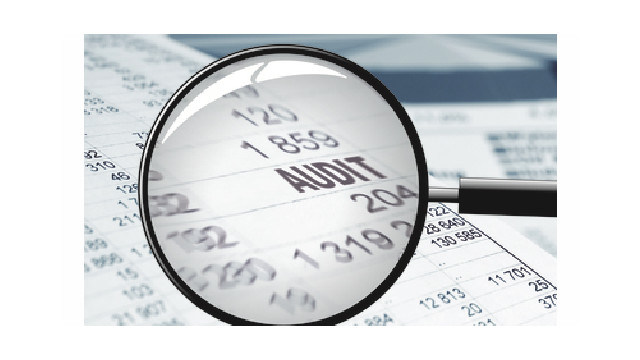The American Institute of CPAs (AICPA) Auditing Standards Board (ASB) has issued Statement on Auditing Standards No. 138, Amendments to the Description of the Concept of Materiality, and Statement on Standards for Attestation Engagements No. 20 of the same title to amend various AU-C and AT-C sections in AICPA Professional Standards.
“These standards impact the CPA’s reports because the new reports include a description of when misstatements are considered material,” said Bob Dohrer, CPA, CGMA, AICPA Chief Auditor. “These standards make the description of materiality consistent across the United States. The changes are not expected to significantly affect practice here.”
The ASB’s current description of the concept of materiality is consistent with the definition used by the International Accounting Standards Board and the International Auditing and Assurance Standards Board. These pronouncements align the materiality concepts discussed in AICPA Professional Standards with the description of materiality used by the U.S. judicial system, the auditing standards of the Public Company Accounting Oversight Board (PCAOB), the U.S. Securities and Exchange Commission, and the Financial Accounting Standards Board (FASB).
The ASB believes it’s in the public interest to eliminate inconsistencies between the AICPA Professional Standards and the description of materiality used by the U.S. judicial system and other U.S. standard setters and regulators. Because the revised definition is aligned with the FASB, it is substantially consistent with current U.S. firm practices with respect to determining and applying materiality in an audit or attest engagement. Accordingly, U.S. practice is neither expected nor intended to change.
The revised description of materiality is as follows:
Misstatements, including omissions, are material if there is a substantial likelihood that, individually or in the aggregate, they would influence the judgment made by a reasonable user based on the financial statements.
The SAS and SSAE become effective for periods ending, or for practitioners’ examination or review reports dated, on or after December 15, 2020, respectively.
For the latest information on these standards please visit our hub site, Auditing and Attestation Standards Issued in 2019: Information and Resources.
Thanks for reading CPA Practice Advisor!
Subscribe Already registered? Log In
Need more information? Read the FAQs
Tags: PCAOB




